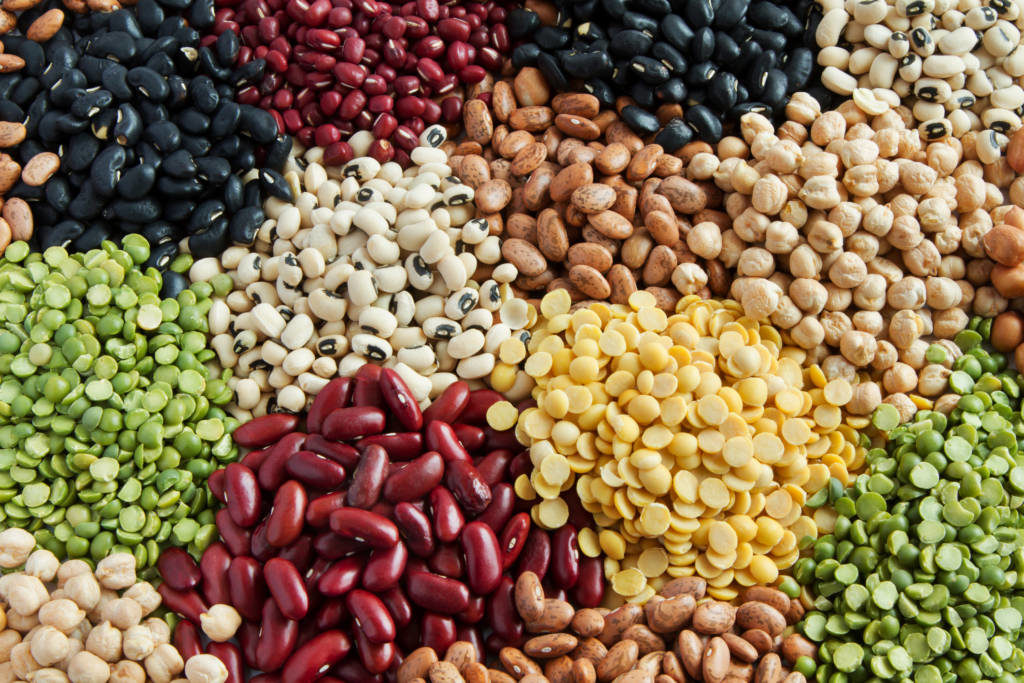FODMAPs are short-chain carbohydrates that are poorly absorbed in the human small intestine; they move from there to the large intestine, where microbes feed on them, resulting in the production of gasses that can cause stomach pain, particularly in those who suffer from intestinal disorders. FODMAPs are often found in plant foods like onions, garlic, rye, wheat, legumes, and fruits including blackberries and lychee; those who avoid FODMAPs also miss out on the nutritional content of these foods.
In this study, VTT researchers focused on galactan and fructan, two key FODMAP compounds. Senior Research Scientist Antti Nyyssölä said in a press release: “We investigated whether these compounds can be removed from food by breaking them down with enzymes. We utilized both commercial enzymes and ones produced at VTT in the project. We used them to test the removal of FODMAPs from faba bean and pea protein concentrates as well as from rye, graham, and wheat flour.”
Related: Understanding FODMAP The Latest in “Free-From” Foods Study: Diet Useful, Safe for Children with GI Problems
The method drastically reduced the FODMAPs in the raw materials, the release says.The researchers also tested whether or not enzymes could work in connection with the preparation of food products, allowing the food industry to eliminate FODMAP compounds in their own processes. The project tested plant-based spoonable products, meat analogues, and bakery products.
Nyyssölä continued: “The study showed that enzymes also work under a variety of conditions and in different food processes. This is interesting new information especially for legumes, as there are currently no similar legume-based foods suitable for the FODMAP diet on the market. The results are most likely to be utilized next in the development of new food items, but also in academic research in order to verify the effects on intestinal symptoms with certainty.”










